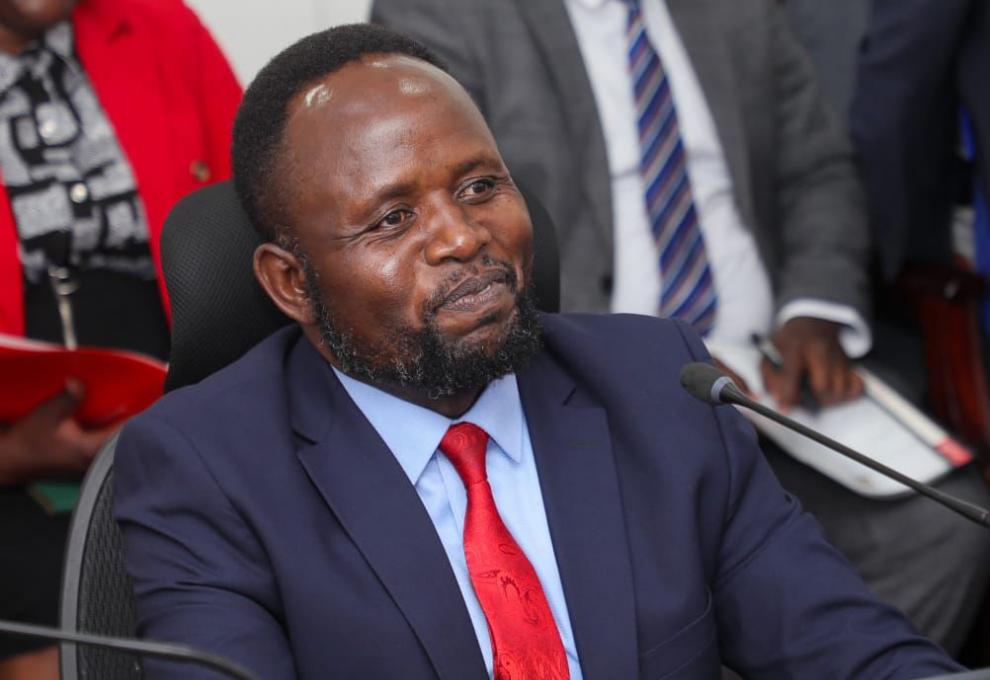𝐌𝐄𝐌𝐁𝐄𝐑𝐒 𝐃𝐄𝐁𝐀𝐓𝐄 𝐌𝐎𝐓𝐈𝐎𝐍 𝐎𝐍 𝐈𝐍𝐓𝐑𝐎𝐃𝐔𝐂𝐓𝐈𝐎𝐍 𝐎𝐅 𝐂𝐎𝐌𝐏𝐑𝐄𝐇𝐄𝐍𝐒𝐈𝐕𝐄 𝐒𝐄𝐗 𝐄𝐃𝐔𝐂𝐀𝐓𝐈𝐎𝐍 𝐈𝐍 𝐒𝐂𝐇𝐎𝐎𝐋𝐒
Members of the National Assembly have shown their support for the implementation of Sex Education in Kenyan schools as a measure to address the high rates of unwanted pregnancies amongst the teenagers.
Members debated a Motion by Hon. Njeri Maina (Kirinyaga), urging the National Government, through the State Department of Basic Education, to introduce comprehensive health, wellness, and sex education as a core subject in the school curriculum.
While contributing to the debate, Hon. Suzanne Kiamba (Makueni) said the talk about introducing comprehensive health education in schools was idle as it is already being taught in schools and it is in the curriculum.
Hon. Kiamba cautioned that introduction of sex education in schools may promote western practices that undermine African culture and values.
“There is a need to identify where the gap is because sometimes, we have foreign ideologies being promoted in the name of health education which is against our African values. When we talk about sexual health education this includes issues like; lesbianism, homosexuality among others. First, we need to understand the limits when talking about comprehensive health education,” she said.
Hon. Njuguna Kawanjiku (Kiambaa) said comprehensive health and sex education are emotive issues and will bring a lot of controversy especially with the churches.
“We need to allow the Government to develop a curriculum that will address particular health issues like HIV/AIDS. We cannot ignore and assume that HIV/AIDS no longer exists. We need to talk to our young people about the dangers of HIV/AIDS,” said Hon. Kawanjiku.
Hon. Njeri Maina, argued that the Comprehensive sexuality education (CSE) is central to children and young people's well-being, equipping them with the knowledge and skills they need to make healthy and responsible choices in their lives.
According to her, the existing curriculum fails to fully empower children in this regard.
















